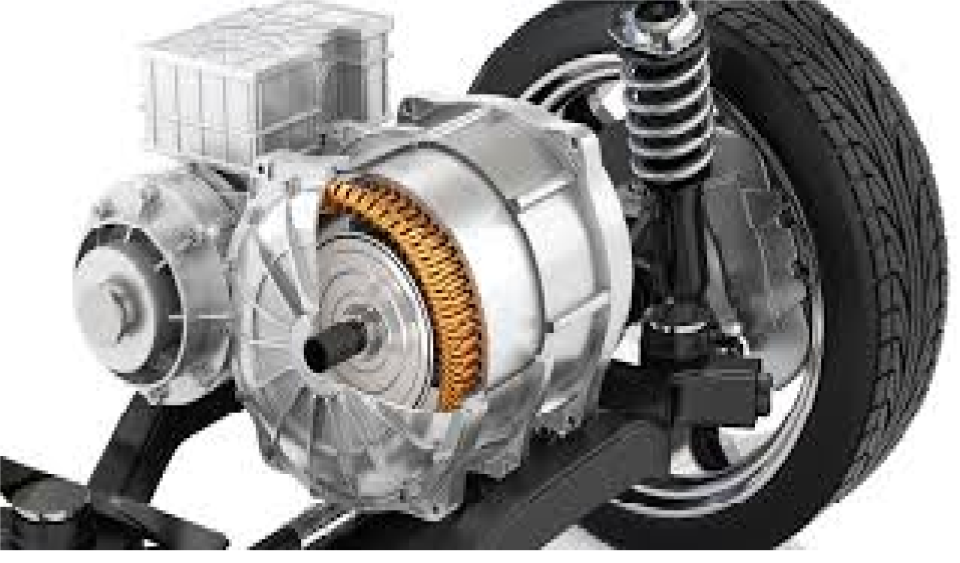By Ejekwu Chidiebere
- China tightens grip on rare earth supply chain
According to WoodMac, the global automotive industry now has a critical challenge to face – China has tightened its grip on rare earth magnets with indicators showing about a 51% drop in Chinese rare earth magnet exports in April 2025 compared to March which according to Woods far exceeded the seasonal norms.
Energy Window International (Media) gathers that the sharp decline was the outcome of introduction of new export restrictions last April as China had granted approval to just about 25% of export license applications said to have been submitted by automotive suppliers, import restrictions which now has a significantly disruptive effect on the supply of critical components for electric vehicle (EV) and hybrid drivetrains.
Thomas Jones, senior analyst, rare earths at Wood Mackenzie said: “The sudden drop in exports has exposed the automotive industry’s vulnerability to supply chain disruptions. With China controlling over 90% of global processing capacity for rare earth magnets, the impact on vehicle production has been severe and far-reaching.”
“The effects have EVEN been felt across China’s major trading partners even as the United States grapples with a fair share of around 58% decline in imports, while India sees a staggering 78% drop.” South Korea and Germany were not left out, with decreases of 73% and 47% respectively. The European Association of Automotive Suppliers (CLEPA) was reported to have said that the export restrictions had already led to the shutdown of several production lines and plants across Europe.
“Major automakers are experiencing varying degrees of disruption, with companies such as BMW, Suzuki, and Ford reporting impacts ranging from minor supplier delays to month-long production halts for specific models.” “EV manufacturers are the most affected as greater percentage of those electric vehicles rely on permanent magnet synchronous motors that use neodymium-iron-boron magnets.
Egor Prokhodtsev, principal analyst, transportation and mobility at Woods commented: “Our analysis suggests that a substantial portion of global automotive production could be affected by China’s tighter export controls. This crisis makes clear just how critical it is to build more resilient and diversified rare earth supply chains in the face of geopolitical challenges.”
However automakers and governments according to the news agency are already engaging with Beijing officials aimed at seeking faster approvals for rare earth magnet exports. Besides and according to Woods, manufacturers are also exploring short-term alternatives to mitigate the disruption, as some were already considering importing sub-assemblies and components containing magnets, which are not currently subject to the same export restrictions WoodMac said. However there are fears that this workaround could drive up costs, particularly for US automakers are already face to face with other tariff restrictions, a situation which might also be different or viable for high-margin producers who will be able to absorb the added expense.
The United States and Australia are reported as leading the investment in the development of an alternative rare earth supply chain. “The US has already invested US$1.4 billion in various rare earth mining, separation, and refining projects.” However Woods still estimates that it may take several years before commercial production reaches the scale required to meet global demand. “The development of projects in Europe has been slower and lacks the same scale, urgency, and firm funding support as those in the US and Australia.”
“These short- and medium-term responses, while encouraging, are unlikely to fully resolve the underlying supply risk,” says Thomas. “Developing long-term strategies to secure alternative sources of rare earth elements outside China will be critical for the industry’s resilience.”
Prateek Biswas, of the transport and materials at Woods also said: “This disruption is likely to accelerate innovation in alternative motor technologies and drive a broader reshaping of global supply chains within the EV sector.”

